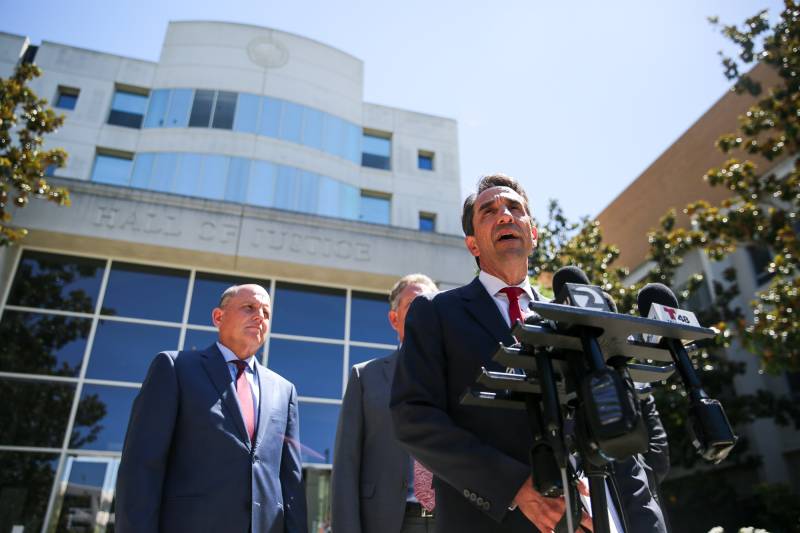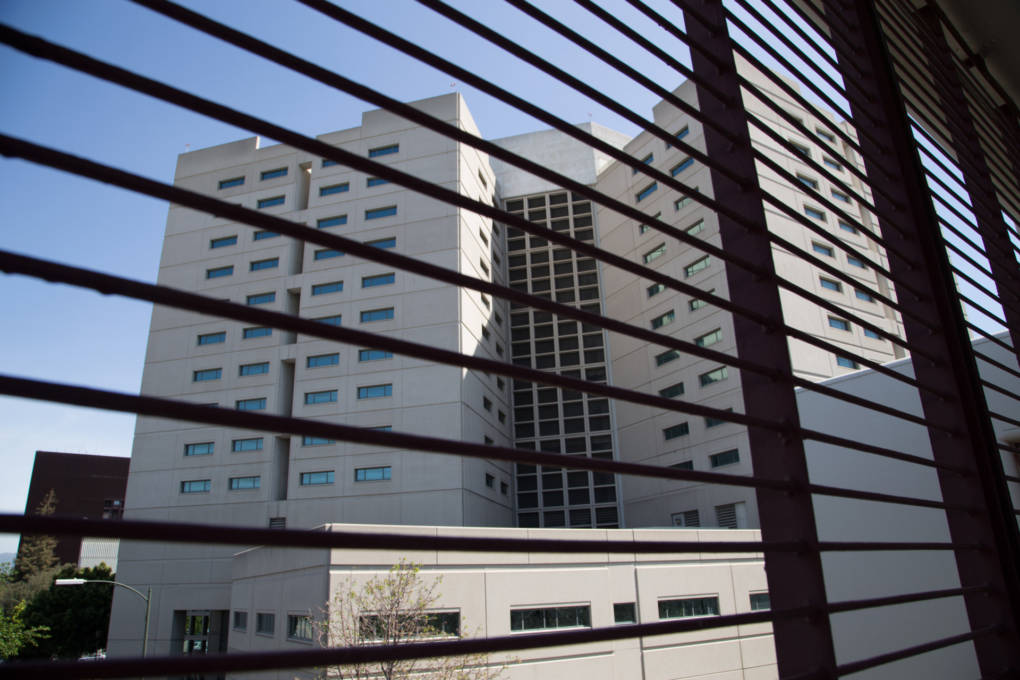Attorneys for Lubrin, Farris and Rodriguez had appeals pending in 2018 when California lawmakers enacted a change to state law, SB 1437, invalidating the “natural and probable consequences” doctrine that was considered in their trial. That doctrine allows a defendant to be found guilty of murder if the person participated in a dangerous crime during which an accomplice committed murder. The legal doctrine required that the killing be a predictable outcome of the original crime, such as a violent robbery or, in this case, the alleged deadly beating of a prisoner.
Under this doctrine, a jury could convict someone of murder even if they had not directly killed the victim if that person’s murder was the natural or probable result of their actions or inactions.
The judge instructed the jury that had convicted Lubrin, Farris and Rodriguez to consider whether the death of the victim was a natural or probable result of the defendants’ actions.
In 2022, an appellate court ruled that the invalidation of the doctrine could be applied retroactively on appeal under separate state legislation, SB 775, and reversed the convictions of all three former deputies.
The appellate ruling cited arguments made by the attorney general’s office that the convictions could still be upheld under a different legal principle known as “implied malice,” in which the men could be convicted if they knew that their actions could result in death and still proceeded, but that would have required a new trial.
The California Supreme Court upheld the appellate court’s ruling, which meant the decision to bring the men to a second trial went to Santa Clara County prosecutors.
Rosen said after the hearing on Tuesday that the district attorney’s office had been preparing to retry the case based on malice murder before the defendants came forward and said they would plead guilty to voluntary manslaughter and take the maximum sentence for the charge.
“Based upon that offer from the defense, as well as their admission in court that they committed this act and they did it with conscious disregard for human life, we accepted that disposition, the defendants pled guilty and the case is concluded,” Rosen said. “We brought some finality, some measure of justice to Michael Tyree’s family as well as our entire community.”


